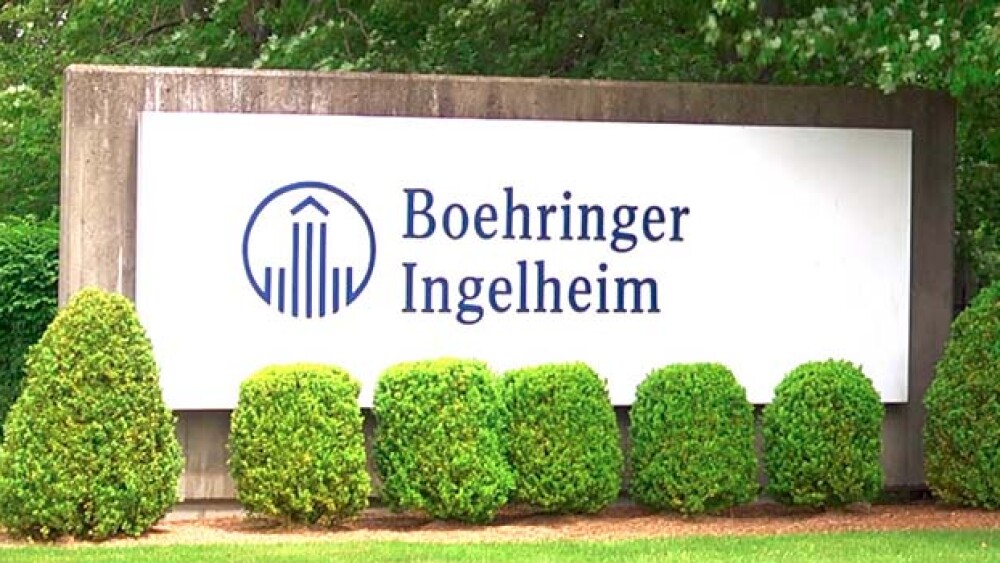Boehringer Ingelheim and Eli Lilly released data from their Empagliflozin as Adjunctive to inSulin thErapy (EASE) Phase III trial in type 1 diabetes.
Boehringer Ingelheim and Eli Lilly released data from their Empagliflozin as Adjunctive to inSulin thErapy (EASE) Phase III trial in type 1 diabetes.
The trial met its primary efficacy endpoint, which was change from baseline in A1C versus placebo after 26 weeks of treatment. The EASE-2 trial evaluated two doses of empaglifozin, 10 and 25 mg, as an adjunct to insulin over 52 weeks. The EASE-3 trial studied the 2.5, 10 and 25 mg doses over 26 weeks.
In EASE-2, placebo-corrected mean change from baseline in A1C at week 26 was -0.54 percent and -0.53 percent for empaglifozin 10 and 25 mg, respectively. In the EASE-3 trial, placebo-corrected mean change from baseline in A1C at week 26 was -0.28 percent, -0.45 percent, and -0.52 percent at those three doses, respectively.
A1C is a blood test that determines average blood sugar levels over the previous three months.
The trial’s secondary endpoints were also met, which included reductions in weight, decreases in blood pressure, and decreases in total daily insulin dose.
“The goal of the EASE program was to determine if treatment with empagliflozin could benefit people with type 1 diabetes as an adjunct to insulin,” said Bernard Zinman, professor in the Department of Medicine, University of Toronto and senior scientist at the Lunenfeld-Tanenbaum Research Institute, Mount Sinai Hospital, Toronto, Canada, in a statement. “Given the risk of diabetic ketoacidosis for people with type 1 diabetes, the 2.5 mg empagliflozin dose warrants consideration, as it balances glycemic and metabolic improvements that are relevant to patients without increasing their risk of DKA or other serious adverse events.”
Empaglifozin is an SGLT2 inhibitor. It is given with diet and exercise to decrease blood sugar levels in adults with type 2 diabetes under the brand name Jardiance. It is the only oral diabetes drug approved to decrease the risk of cardiovascular death in adults with type 2 diabetes and established cardiovascular disease. However, it is not currently approved for individuals with type 1 diabetes.
The EASE Phase III program includes two multinational, double-blinded, placebo-controlled Phase III trials evaluating empagliflozin in type 1 diabetes.
This announcement follows a June 25 announcement that both trials met their primary endpoint. The safety profiles of the drug are consistent with those from previous studies.
The two companies inked a diabetes alliance in January 2011.
In the U.S., about 30 million people have type 1 diabetes and about 425 million adults have type 2 diabetes. Type 2 diabetes is more closely related to the obesity epidemic and lifestyle issues, including diet, exercise and weight control. Type 1 diabetes is an autoimmune condition caused by the body’s immune system attacking its own pancreas cells. Their pancreases, as a result, don’t manufacture insulin.
Type 2 diabetes is a milder form than type 1, but can cause major health complications, including increased risk of heart disease and stroke. In type 2, the pancreas typically produces some insulin, but either doesn’t produce enough or the body’s cells are resistant to it.
“The EASE trials showed that empagliflozin—an oral treatment—in combination with insulin has potential to help manage blood sugar levels better than insulin alone in adults with type 1 diabetes,” stated Thomas Seck, senior vice president, Medicine and Regulatory Affairs, Boehringer Ingelheim Pharmaceuticals. “Given that less than one-third of adults with type 1 diabetes in the U.S. consistently meet target blood sugar levels solely with insulin, we look forward to working with the U.S. Food and Drug Administration to explore whether this potential treatment can be made available to people with type 1 diabetes.”





